memes, tips, and the Oxford comma
...see what I did there
It is Thanksgiving week and I have a whole menu of bookish and writerly thoughts to share with you.
But first, GWTW
We’re about one month into our five month (!) foray into Gone With the Wind and loving it — at least, I think we’re loving it — I am, for sure. Several of you have blown through it in no time, throwing the schedule out the window like litter on a road trip, posting your thoughts, vents, and bragging rights.
So yes, it’s a crazy long book (over a thousand pages), but if you haven’t started yet and would like to jump in, you could catch up pretty fast. And I’ve heard rave reviews about the audio version read by Linda Stephens, which would be one way to do it.
And now, a tip for holding all those pages
Got a tiny hair clip? This is marvelous.
I have a book holder (called a Book Gem) that I’ve used forever but it doesn’t work so well with gigantic books like GWTW. A little hairclip does, though; I just clip it around a chunk of pages to hold them down so the one I’m reading doesn’t float up by itself…which keeps my hands free for knitting.
And now, about the Oxford comma
I’m not sure why it’s controversial, but it is. People generally either love it or disregard it; I believe in the Oxford comma.
What is it, though? It’s the last comma in a series of items in a sentence, like so: Make sure you take care of the chickens, turn off the radio, and lock the door. Without the Oxford comma (in this case, after the word radio) it reads Make sure you take care of the chickens, turn off the radio and lock the door — as though the two things you need to do to take care of the chickens are to lock the door and make sure their music isn’t bothering the neighbors.
Or this, by Margaret Mitchell, which I recently vented about in our chat:
The offending sentence is Even old Dr. Fontaine admitted that he was puzzled, after his tonic of sulphur, molasses and herbs failed to perk her up. And it has two problems, both involving commas, but only one of which is a missing Oxford comma.
The first comma is unnecessary and confusing, slowing the reader after the word puzzled for no good reason (and we never want to slow the reader down unless we have good reason to). But if you move that comma over to where it actually IS needed, which is after the word molasses, it reads much better. Without the oxford comma, it sounds like his tonic of sulphur is made of molasses and herbs.
Or this example, which pretty much all of my writing students have received in their email at some point:
Or this example, which shows that some sports writers really know their stuff — and also clears up potential confusion about the parentage of Tim Tebow:
Without the clarity of the Oxford comma, you may find yourself in this situation:
Aaand lastly, a couple recommendations
Got a couple favorites here to share with you if you need some new resources for story time. I put these together because they remind me of each other — both are hilarious, "break the fourth wall" style of talking to the reader, and they are so fun to read to the kids. Or better: Give them to an unsuspecting grandpa to read aloud.
The Monster at the End of This Book — I confess we have five copies of this, and the oldest is from when I was about that many years old and it's completely tattered to pieces. Here's where you can get it at ThriftBooks.
The Book With No Pictures — if you haven't read it yet, I guarantee it's not what you're expecting. 😂 ThriftBooks has it here.
Also! For adults, our books are currently 20% off until December 1st. Check them out here.
Happy Thanksgiving, friends. Winter is here, so stock up on all the books and let me know if you manage to whittle your to-read stack down to the size of the Burj Khalifa. I have a ways to go.



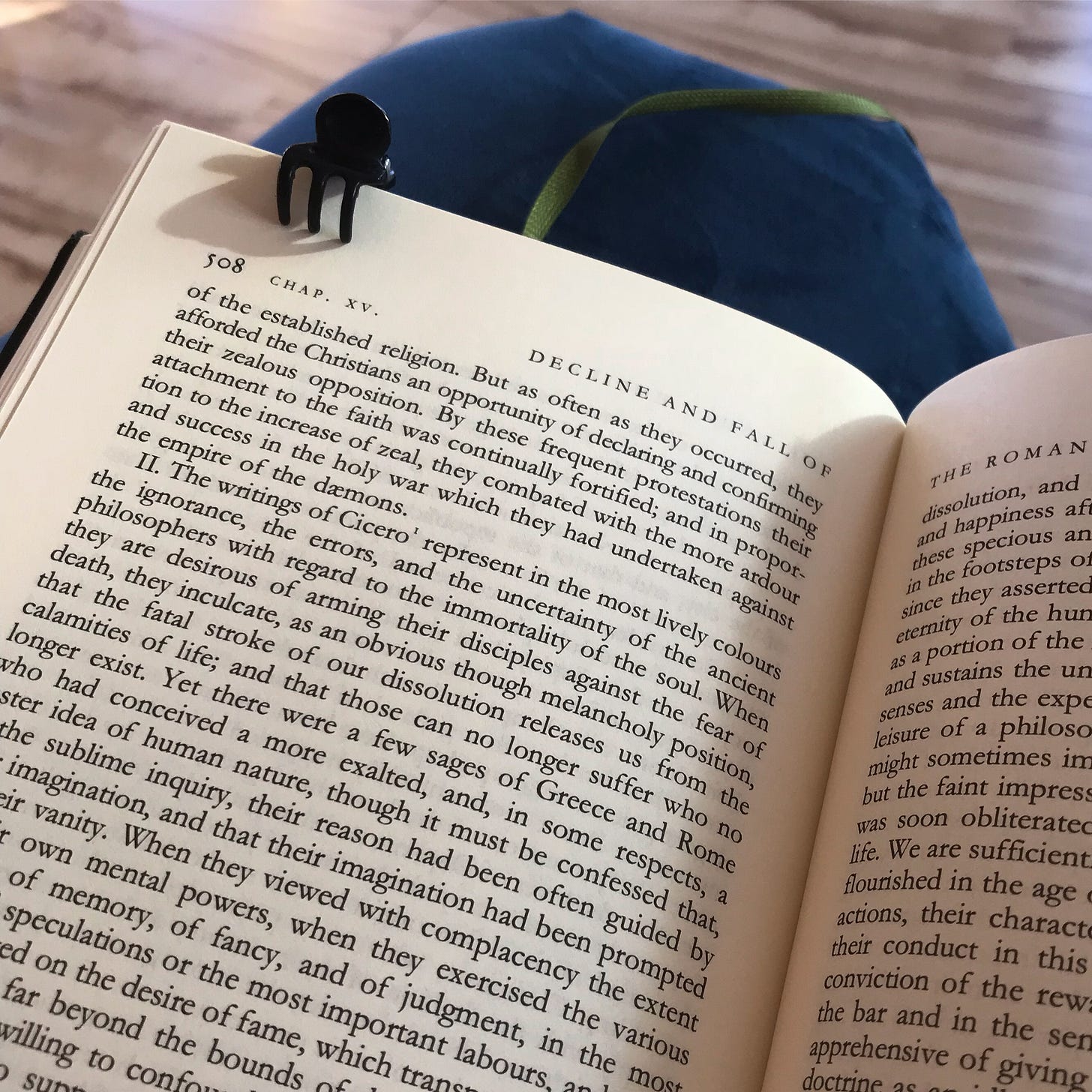
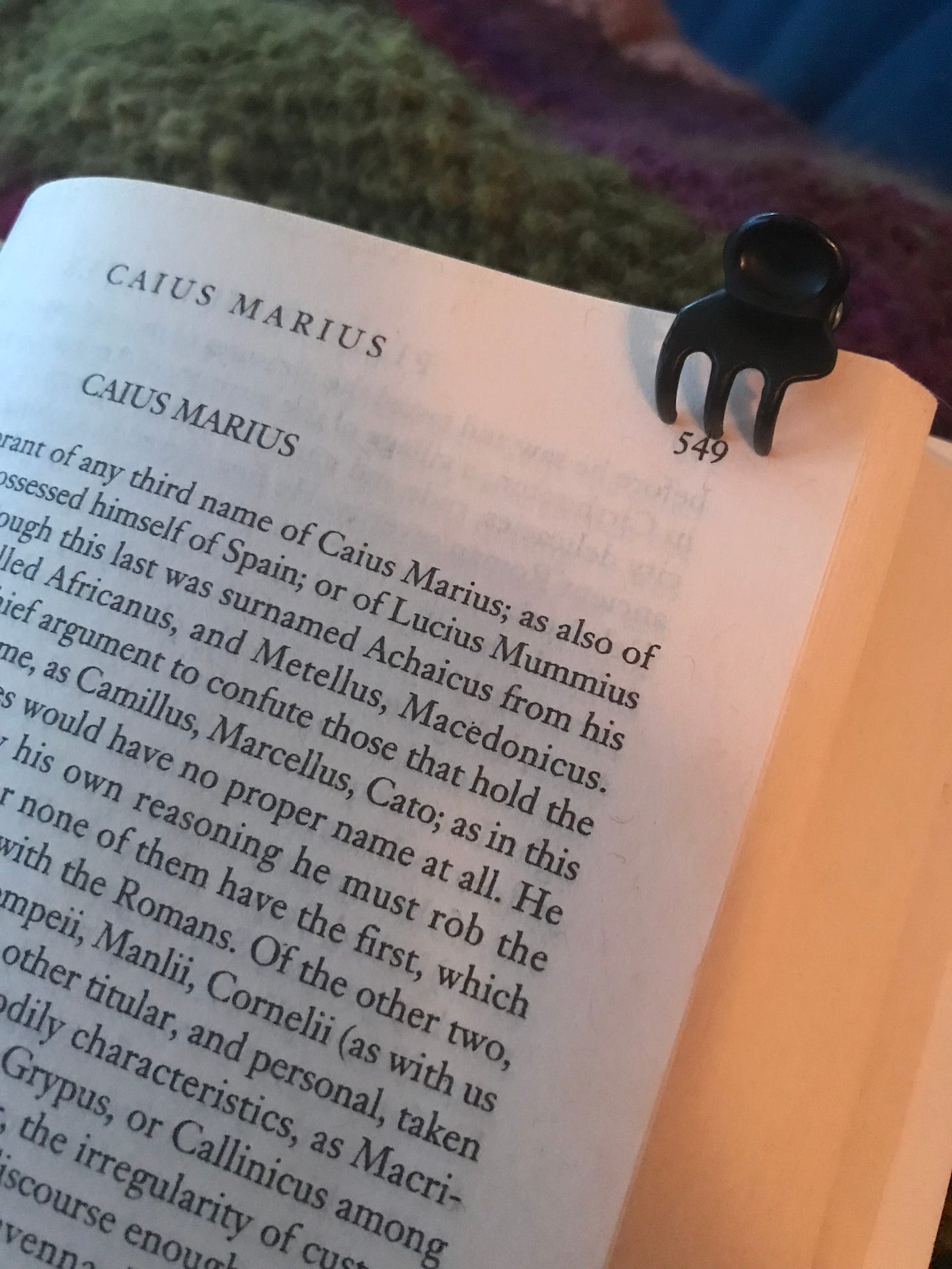




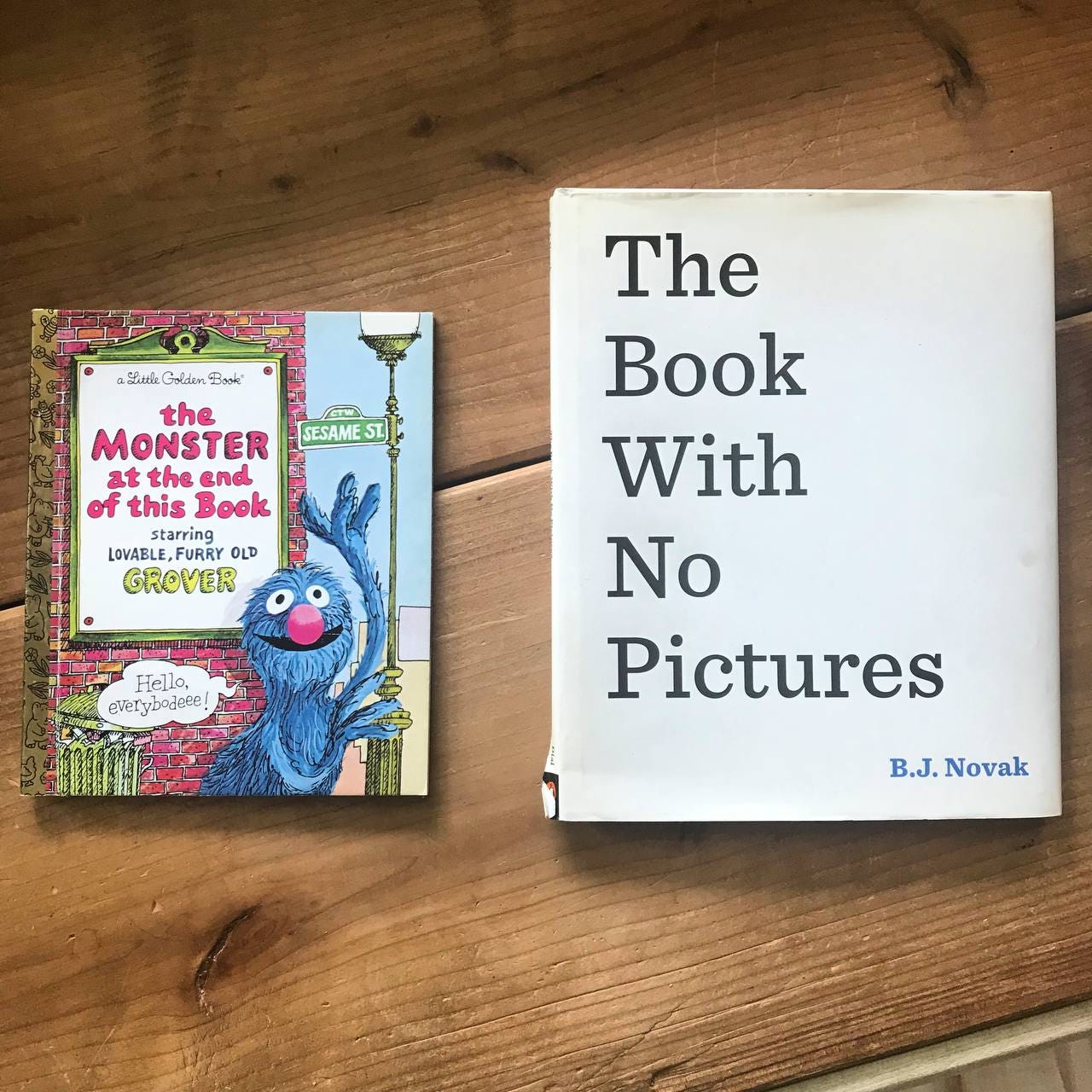
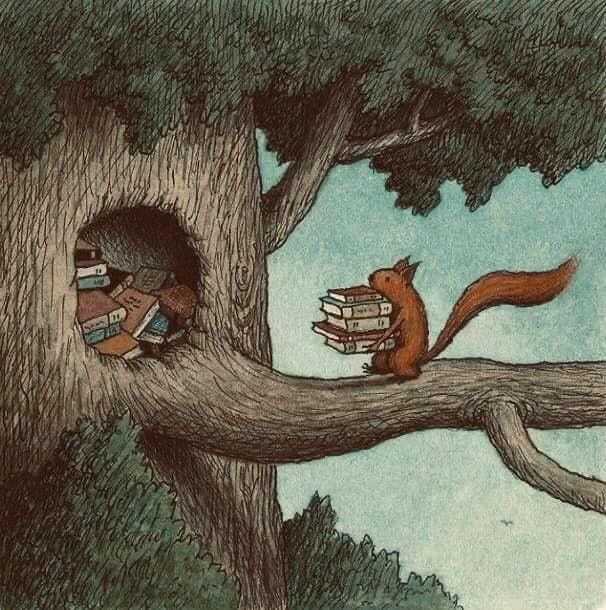
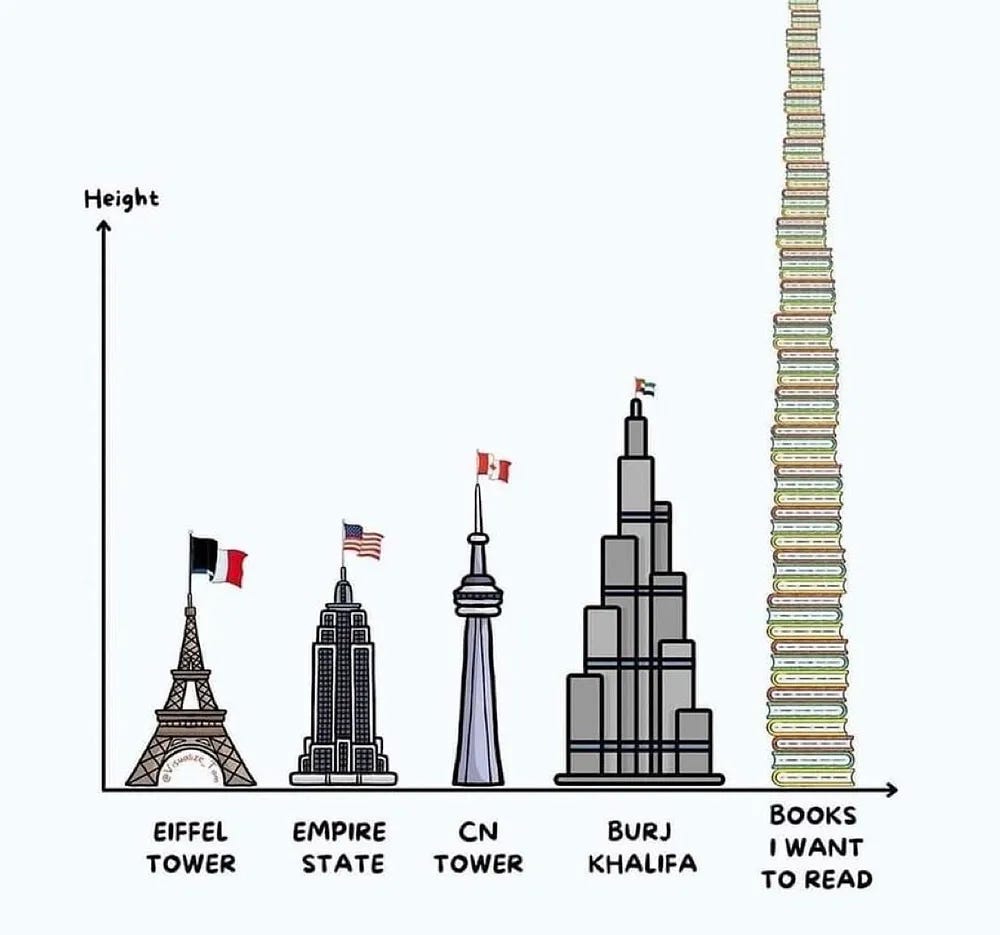
Shannon, I love your giving spirit. It’s worth it. What you are doing is worth it.
Oh... I like the examples you provide with/without the Oxford comma. You do make a compelling argument for the Oxford comma.
Have a Happy and Blessed Thanksgiving!